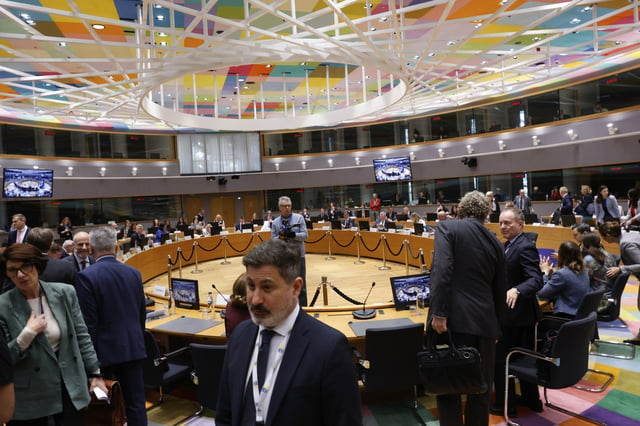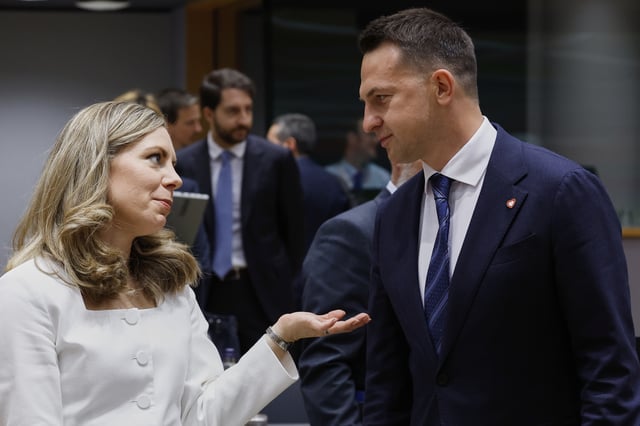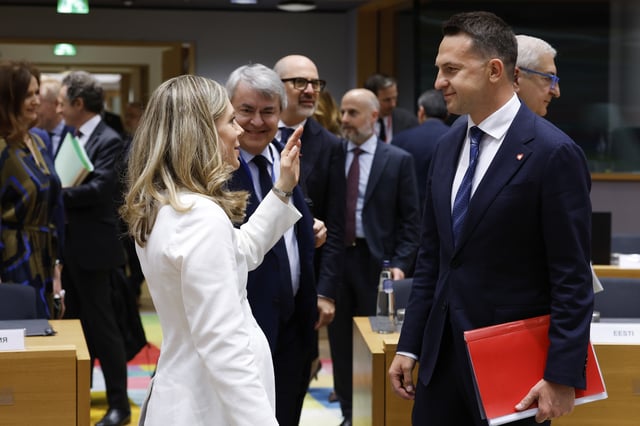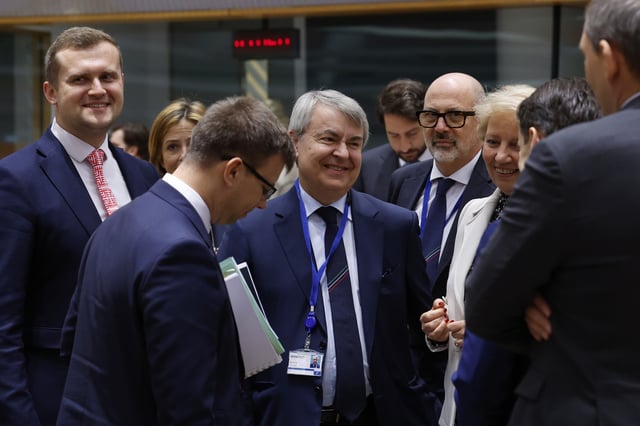Overview
- Seventeen EU member states, including France, Germany and Spain, have called on the Commission to deploy its rule-of-law toolbox unless Hungary revises its April legislation.
- The law imposes fines on individuals who organise or participate in Pride events and authorises facial-recognition technology to identify them.
- Brussels has frozen about €18 billion in EU funds over rule-of-law breaches, contributing to two years of economic stagnation and a GDP contraction in Q1 2025.
- Officials are considering triggering Article 7 proceedings, a step that could strip Hungary of its voting rights in the EU Council for serious treaty violations.
- Hungary’s EU affairs minister insists there is no Pride ban and plans to defend the law’s constitutional basis, while Prime Minister Orbán frames it as child protection.



